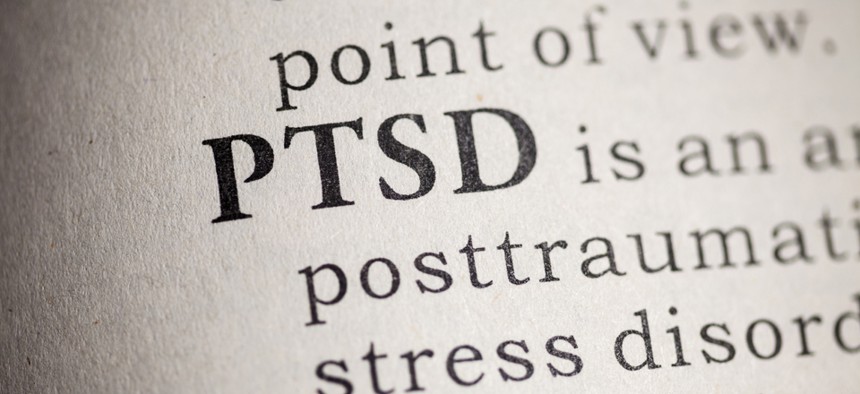
Feng Yu/Shutterstock.com
You Don't Have to See Combat to Get PTSD From War
Even though the Fort Hood shooter didn't fight while in Iraq, he still could have developed post-traumatic stress disorder.
There are many details remaining about the gunman who opened fire at Fort Hood, Texas, killing four, including himself, and injuring 16 more. But here are some key facts about Spc. Ivan Lopez: He served four months in Iraq, he was being treated for undiagnosed post-traumatic stress disorder, and he was not in combat during his deployment.
In this type of situation, it might be easy to overlook someone who suffered mental anguish without actually seeing combat. But there are elements of war that are disturbing beyond shooting a weapon and being shot at.
So can a soldier get PTSD without actually seeing combat?
"Yes, you can," says Craig Bryan, the executive director of the National Center for Veterans Studies. "It's actually an issue the science in the last several years has been catching up with."
In the past year, the Diagnostic and Statistical Manual of Mental Disorders, which classifies mental disorders for the American Psychiatric Association, changed its criteria for PTSD to no longer require that a person must have been in a life-threatening situation.
The APA found that many members of the military and veterans of the wars in Iraq and Afghanistan, even though they didn't think they were going to die, manifested the problems associated with PTSD.
"They have been exposed to atrocities or other events that have a significant effect on their world view, sense of self, etc.," said Bryan, an associate professor at the University of Utah. "People can struggle with mental-health problems even if they haven't been in combat."
Examples of those kinds of events range from seeing dead bodies to seeing other people kill each other to smelling rotting flesh.
In this case, the gunman may have witnessed disturbing images that would eventually require treatment for depression, anxiety, and behavioral issues. Those details are sure to come up.
One of the major struggles for psychiatric professionals, however, is that they don't have the capabilities of determining who is going to become violent and who's not, Bryan said.
But in the last decade, through a large number of clinical trials that the military has helped fund, they're getting closer to resolving this issue.
And the situation is urgent. According to a recent Washington Post-Kaiser Family Foundation poll, 31 percent of Iraq and Afghanistan veterans say their mental and emotional health is worse than before the wars. If it remains a problem, military suicides and mass shootings are likely to continue.
(Image via Feng Yu/Shutterstock.com)






